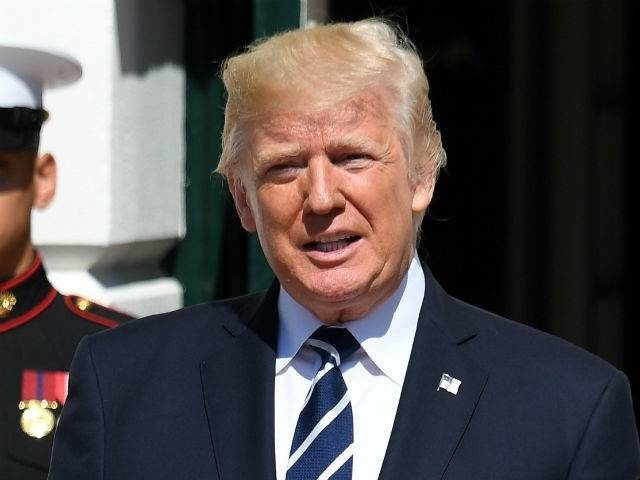“This agreement remains important for our shared security. This resolution remains the binding international legal framework for the resolution of the dispute about the Iranian nuclear programme. We urge all sides to remain committed to its full implementation and to act in a spirit of responsibility,” the three leaders said.
Trump’s National Security Adviser John Bolton said the US was having consultations with its top allies. “It has been already in consultations with European and other allies before today’s announcement because we were trying to be fully transparent with them,” Bolton told reporters at the White House.
The President already made some calls yesterday and will make more. “I’m going to be discussing this tomorrow morning with my British, French, and German counterparts, so we’re already underway,” he said.
“There must be no doubt: Iran’s nuclear programme must always remain peaceful and civilian. While taking the JCPOA as a base, we also agree that other major issues of concern need to be addressed,” the statement said
“A long-term framework for Iran’s nuclear programme after some of the provisions of the JCPOA expire in 2025 will have to be defined. We must also address shared concerns about Iran’s ballistic missile programme and its destabilising regional activities, especially in Syria, Iraq and Yemen. We have already started constructive and mutually beneficial discussions on these issues, and the E3 is committed to continuing them,” they said.
Canadian Foreign Minister Chrystia Freeland supported an effective rules-based international order, saying that the JCPOA was essential to prevent Iran from developing a nuclear weapons capability and to ensure greater regional and global security. “Iran must not be allowed to develop nuclear weapons.








